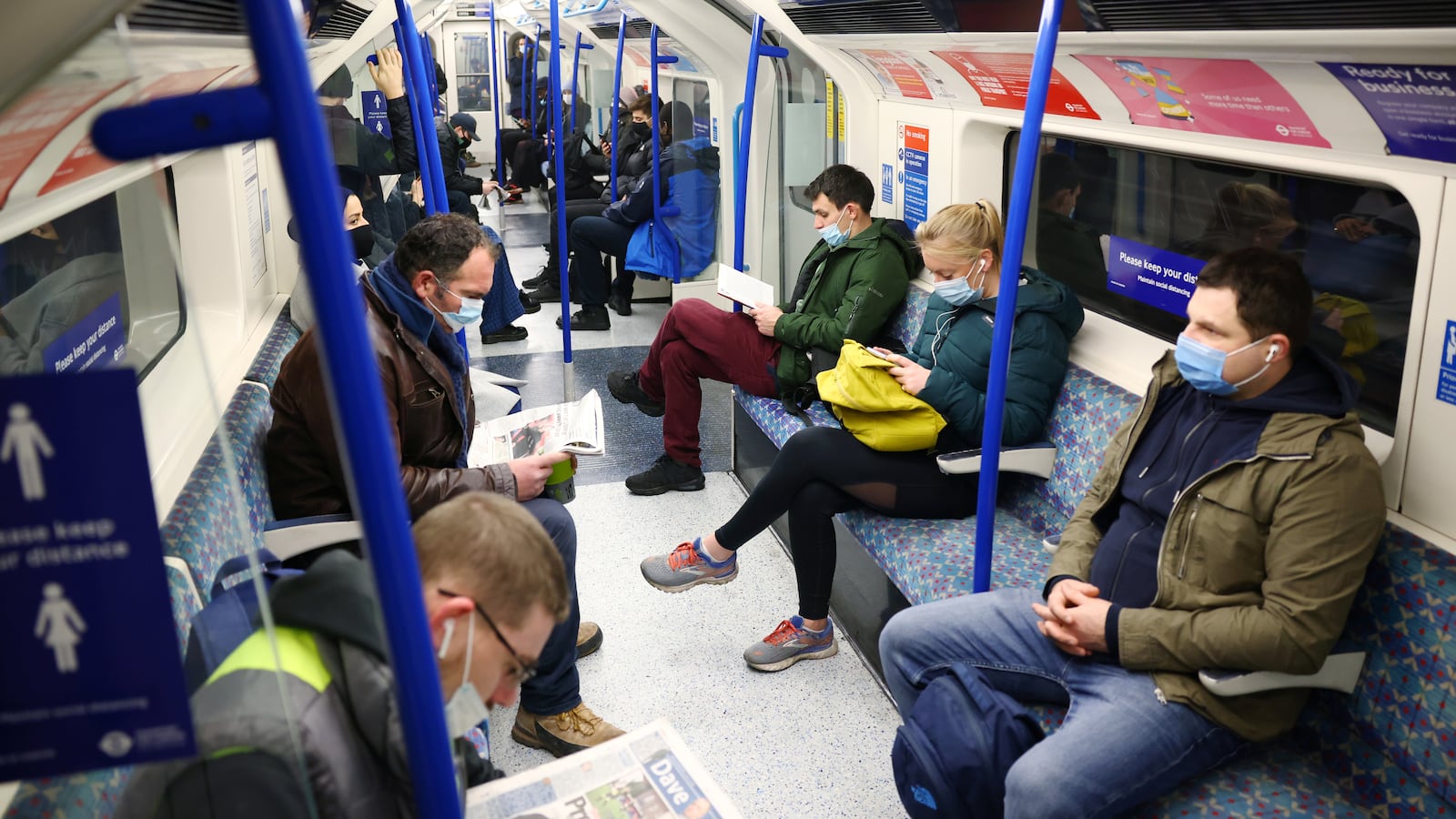We might now have another tool at our disposal to stop the spread of COVID-19 in close-quarter environments that lack decent ventilation. UK researchers at the University of Birmingham created a novel virus-killing filter by coating it in a widely used antiseptic called chlorhexidine gluconate (CHDG). This filter, unveiled in a new study published Wednesday in the journal Scientific Reports, was shown to be effective at killing COVID-19 virus particles in less than a minute, as well as other kinds of airborne bacteria and fungi harmful to humans. It may play a valuable role not just in helping us further manage the spread of COVID as the pandemic moves into being an endemic part of life, but also other airborne infections old and new alike.
CHDG first debuted in the 1950s as a byproduct of antimalarial drug development following WWII. Since then, it’s been used in antiseptic mouthwashes to treat gum disease and as a broad-spectrum disinfectant. During the pandemic, it’s shown promise in killing the COVID-19 virus when used as an oral rinse and nasal spray. But this is the first time scientists have repurposed CHDG as a tool to control airborne contagions outside the body.
In the new study, the Birmingham researchers ran one-hour-long lab tests to compare the efficacy of the CHDG-laden filters against plain old regular filters in stopping the spread of airborne COVID. Within 60 seconds, mammalian cells infected with COVID-19 were wiped out on the modified filter, but lingered on the untreated filters indefinitely. The researchers observed the same effects when running these tests on bacteria like E. coli, and fungi known to give yeast infection.

UK scientists have developed an air filter modified with antiseptic chlorhexidine gluconate, or CHDG.
Felicity de CoganMoreover, real-world experiments were run to help bolster these findings. Emerging research from China and the UK over the last two years shows a considerable risk for COVID-19 spread and transmission associated with public transport. Part of the problem lies in many existing airflow systems—particularly heating, ventilation, and air conditioning (HVAC) systems—designed to recycle and block air particles but not prevent pathogen spread. This is in contrast to HEPA filters, like those used on planes, which clean the air before recycling.
The researchers installed their CHDG-modified filters in standard HVAC systems within several passenger train cars running on the UK railway network. They retrieved the filters after three months and found zero traces of bacteria or fungi.
Since HVAC systems are found nearly everywhere from single-family homes, industrial buildings, public transport, and even cars, overhauling them completely would be costly. But a simple upgrade and improved pathogen-fighting efficiency can be achieved by applying CHDG, Felicity de Cogan, a material scientist at the University of Birmingham and a co-author of the study, told The Daily Beast in an email.
And another plus is that CHDG doesn’t degrade over time, so there’s no chance of any environmental risks. And it may potentially be incorporated into or on a mask to boost protection against airborne diseases, although the exact effectiveness is hard to say for sure without testing, de Cogan said.
De Cogan is already working with the University of Birmingham’s spinout company, NitroPep Ltd., to develop her group’s antimicrobial filters for commercial use. In the near future, CHDG might become an enormously useful part of how we improve the tools in our arsenal meant to stop the spread of COVID-19, as well as other airborne pathogens.






